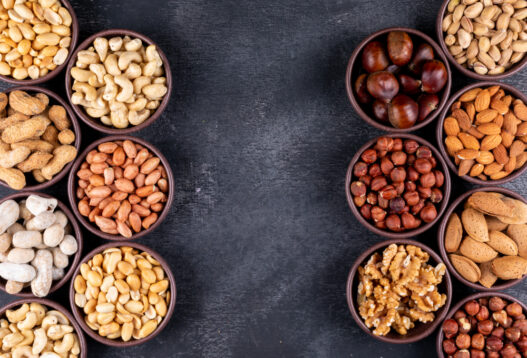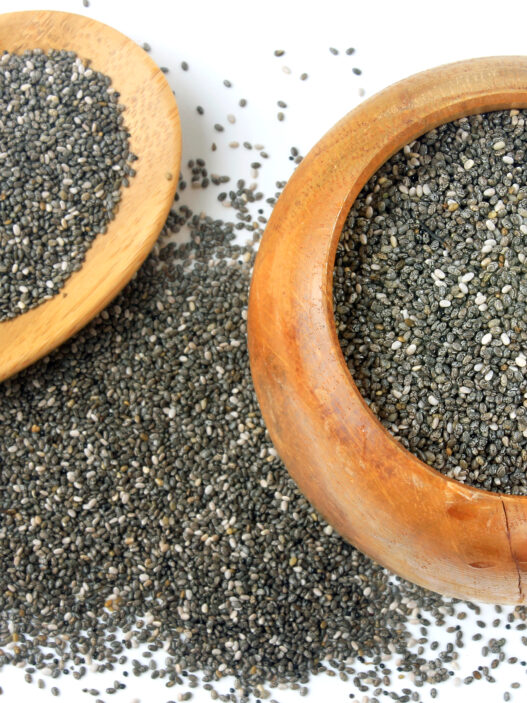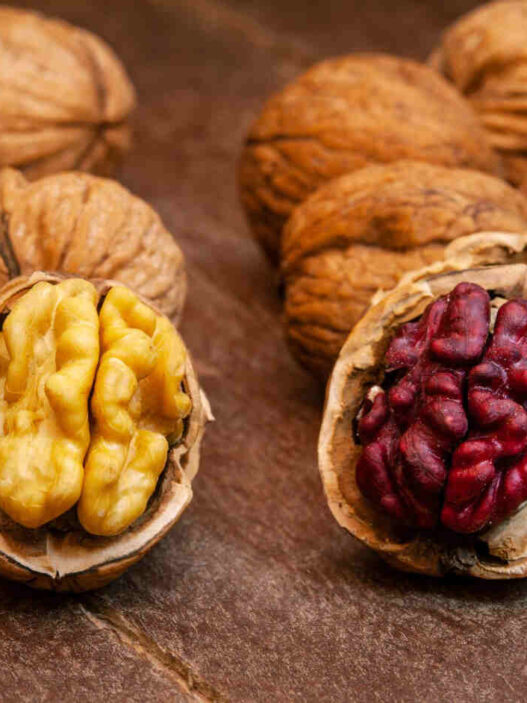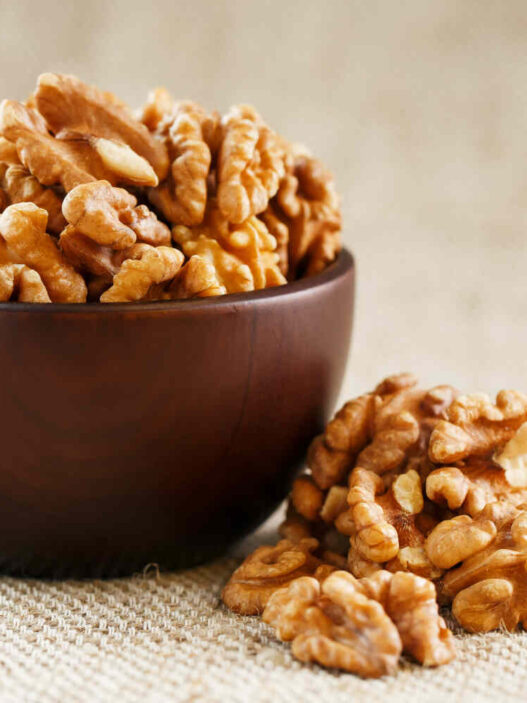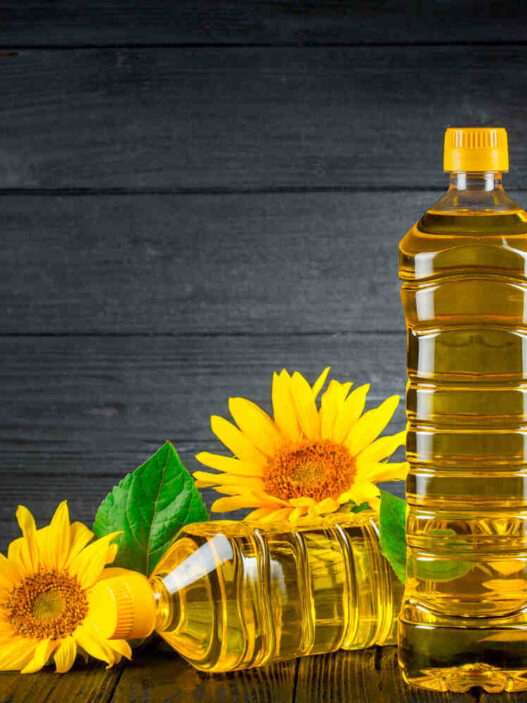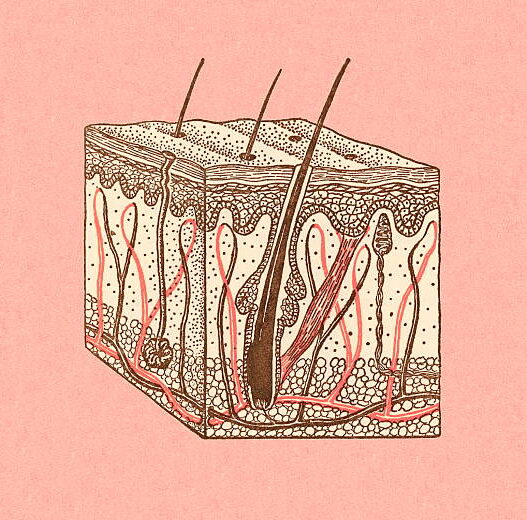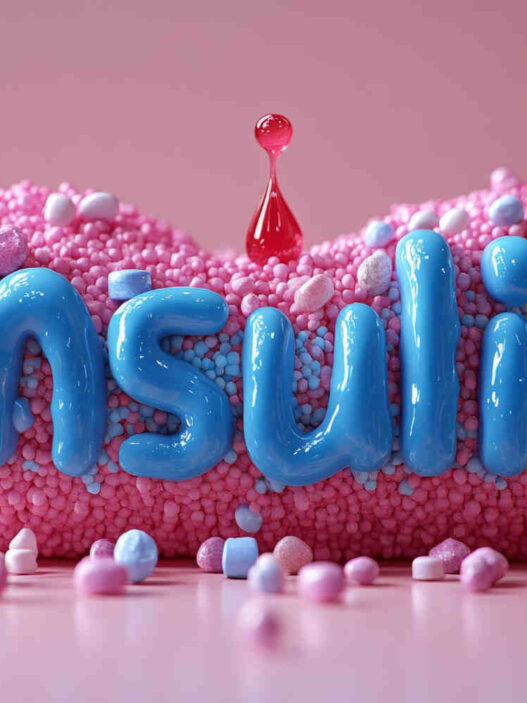We have all heard that Nuts are good for our health. But do we add them to our diet? Do we know how they improve our health? Yes, Nuts and oilseeds are dense in nutrition with excellent flavor. So, what are the health benefits and nutritive value of adding nuts and oilseeds like garden cress seeds, and gingelly seeds to your diet?
Well, nuts are seeds or fruits consisting of edible fats and surrounded by a hard or brittle shell. Nuts are rich in protein and especially essential amino acid Arginine.
Nuts are low in saturated fatty acids and high in monounsaturated fatty acids (MUFAs) and polyunsaturated fatty acids (PUFAs). They reduce total and LDL (bad) cholesterol without affecting good cholesterol levels. They also contain Omega 3 fatty acids. Since they are concentrated in fats and proteins and are expensive, they are usually not used as the main ingredient but can be eaten as healthy snacks.
In addition to their fatty acid profile, they are good sources of several important nutrients including selenium, potassium, iron, manganese, copper and magnesium, plant sterols, dietary fiber, and phytochemicals.
Here are some specific nuts and oilseeds which you should consume:
Almond
Almonds are a concentrated source of energy with about 20% of protein.
The carbohydrate content of almonds is low and hence is used as a healthy snack by those following a low-carb regime.
Almonds are a good source of B vitamins and vitamin E.
It has been reported that daily almond intake (10–100 g/day) in general improves overall health through its antioxidant effects and by reducing blood glucose levels and improving lipid profile (1).

Walnut
Walnuts have the highest amounts of antioxidants among all nuts including vitamin E, melatonin, and others, and are also rich in Omega 3 fatty acids.
Walnuts are heart-healthy and lower the risk of cardiovascular diseases.
They help reduce insulin levels and body weight and are therefore used as part of low-fat diets as they contain a lot of PUFAs which are a healthier option than saturated fats (1).

Groundnut
Groundnuts are also known as peanuts. People in the low-income groups can fulfil the nuts requirements by consuming peanuts as they are rich in proteins, antioxidants like Flavonol, and healthy fats.
Though groundnuts are high in fat, they have monounsaturated fats (MUFAs) that lower bad cholesterol levels.
You can also consume groundnut in the form of groundnut milk, peanut butter, and flour.
Flax Seeds
It gives you a nutty flavour, and nutritional and health benefits.
They contain 22% proteins and Omega 3 fatty acids. It is rich in Lignin which prevents Cancer.
You can consume flaxseed flour. It has a pleasant flavour and can be sprinkled on cereals, yoghurts and smoothies.

Garden cress seeds
Garden cress seeds are an excellent source of protein, iron, and B vitamins. Garden cress seeds are the best source of iron.
Garden cress seeds contain phytochemicals that regulate menstruation and stimulate milk production in lactating mothers. Garden cress seeds are, however, goitrogenic. So, persons with goiter or hypothyroidism should not consume garden cress seeds.
They give iron 100 mg/100 gm.
You can consume the flour of garden cress seeds and add them to Ladoo, Barfi or any other dessert.
Gingelly Seeds
Gingelly seeds are concentrated in energy and healthy fats.
Gingelly seeds are an excellent source of Calcium and Iron and are recommended for calcium deficiency.
For good bone health, Gingelly seeds should be added to the diet of children and the elderly.
Gingelly seeds are also goitrogenic and help in the stimulation of milk in Lactating mothers.
Conclusion
It has been recommended that reducing carbohydrate content in the diet and adding proteins, green leafy vegetables, and monounsaturated fats from nuts and seeds like garden cress seeds, gingelly seeds, etc. are the best dietary regime for the prevention and management of cardiovascular diseases and diabetes mellitus (2).
There are many other nuts namely cashew nuts, pistachio nuts, hazelnut, coconut, and oilseeds like pumpkin seeds, sunflower seeds, mustard seeds, etc. that can be included.
At least about 30gm/day which is 10-12 nuts, is a good amount to obtain health benefits.
Due to the dense nutrition profile of nuts and oilseeds such as garden cress seeds, gingelly seeds etc., they provide several health benefits- lower the risk of cardiovascular disease, help in weight management, lower the risk of diabetes, prevent cancer and osteoporosis.
References
1. https://www.ncbi.nlm.nih.gov/pmc/articles/PMC5748761/
2. https://pubmed.ncbi.nlm.nih.gov/30666980/
